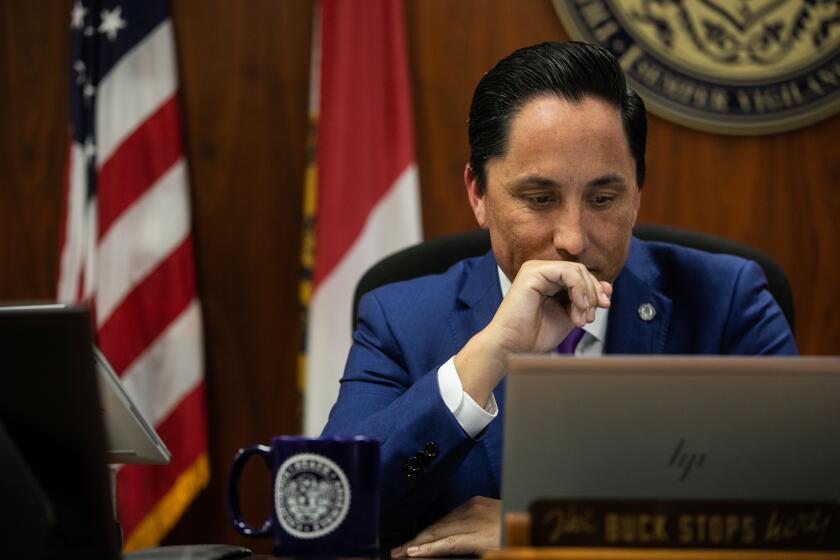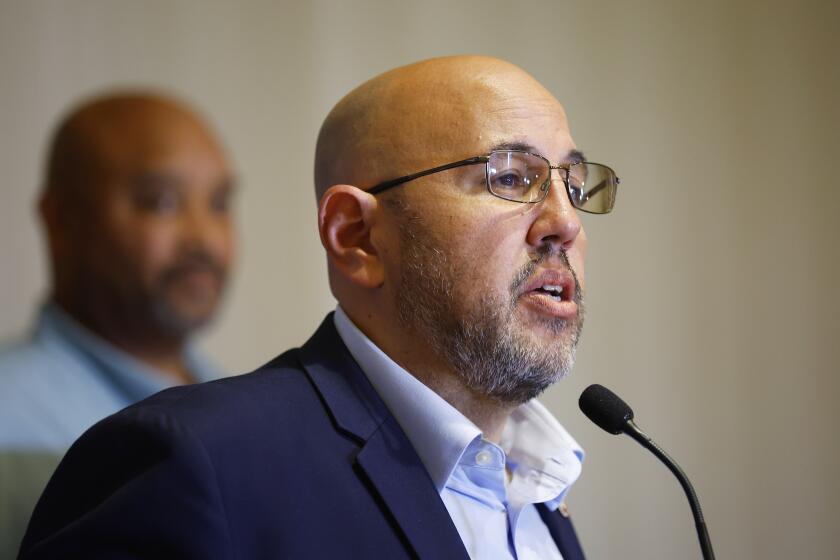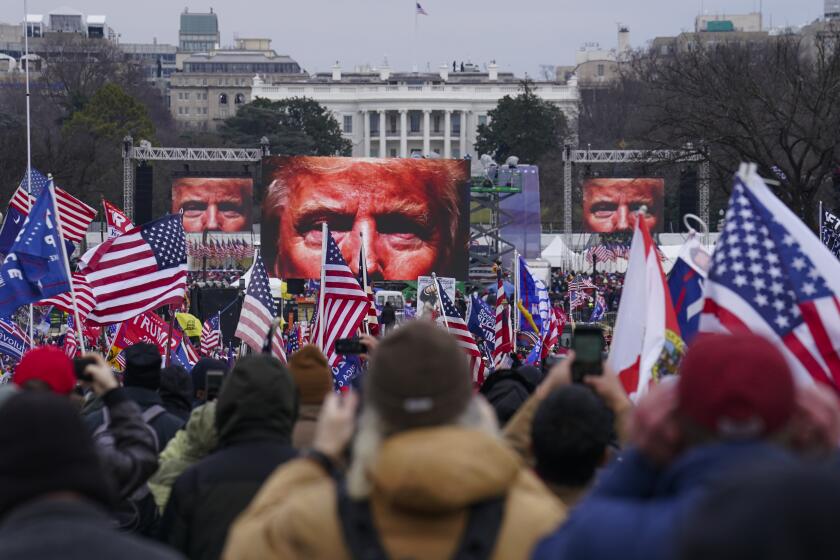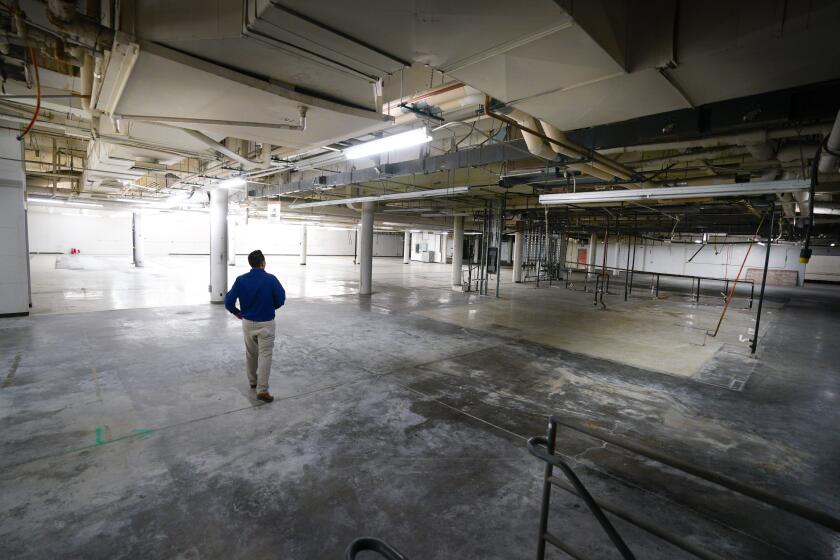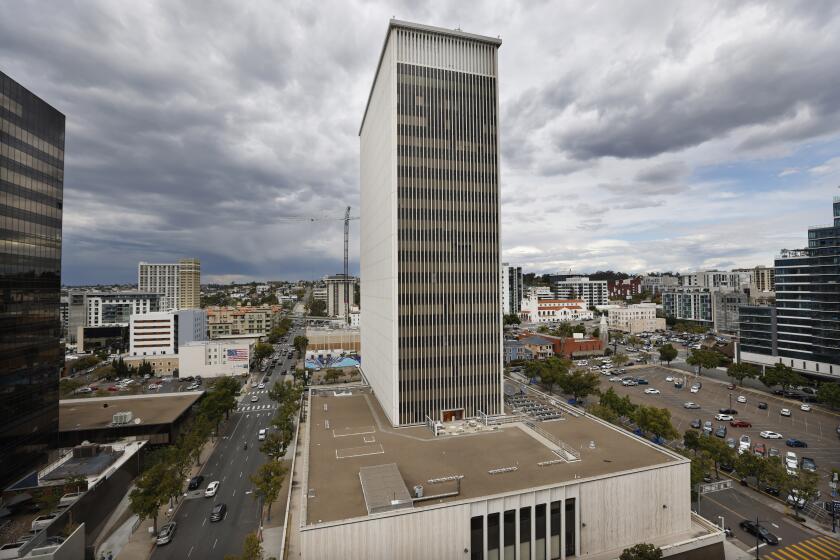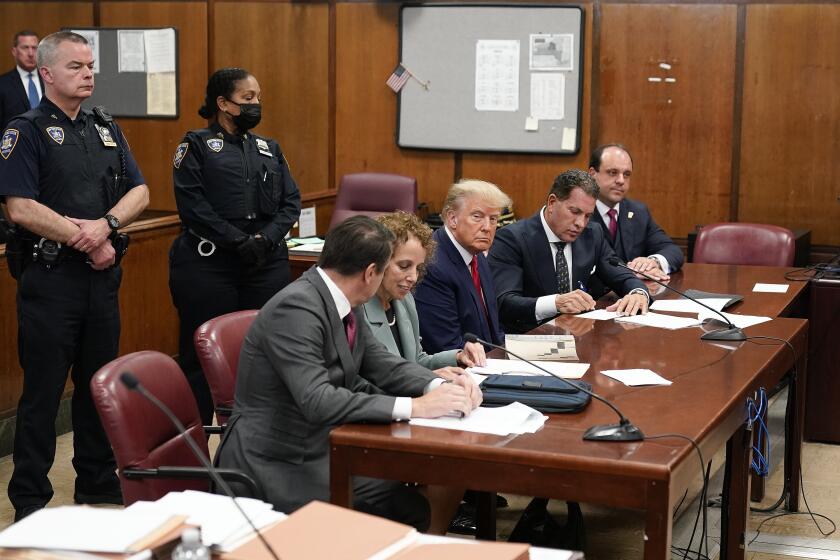San Diego’s legalization of pot farms sparking debate about consequences
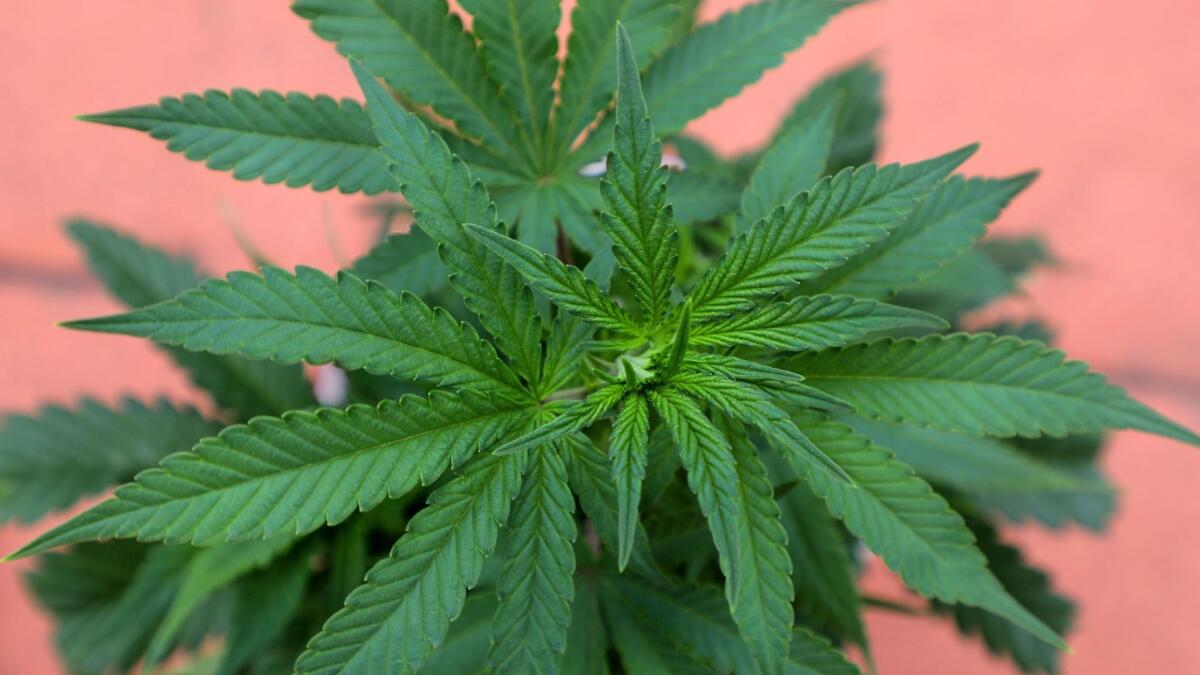
The local marijuana industry is embracing as a huge opportunity San Diego’s recent decision to legalize marijuana cultivation and manufacturing, but police and legalization opponents are bracing for a possible increase in usage and crime.
Industry leaders say they expect city approvals for pot farms and factories to be less contentious than approvals for retail medicinal dispensaries have been since the city began allowing them in 2014.
They say zoning rules are slightly looser, city officials have more experience with the industry, and competition will be less intense because there is a citywide cap of 40 such businesses — instead of a dispensary cap of four per City Council district.
And they say allowing a local supply chain for the city’s dispensaries will boost the economy, create jobs and improve the quality and safety of local marijuana by eliminating the need to truck it in from elsewhere.
San Diego police, however, say the City Council erred in voting 6-3 on Sept. 11 to allow local cultivation and manufacturing despite the objections of law enforcement and planning officials.
They say such businesses will be magnets for crime and increase local usage of marijuana, and that they expect cultivators to illegally divert excess product to states where marijuana is illegal because of larger profit margins there.
Local police also dispute that legalizing the entire industry will eliminate the black market, contending that plans to significantly tax legal marijuana mean there will still be an incentive to illegally buy and sell the drug at lower prices.
Lt. Mark Novak said the Police Department’s concerns are based on visits to Denver, where both cultivation and sales of recreational marijuana have been legal since 2012.
“We went to Denver because they’re a couple years ahead of us and can tell us what they’ve been through,” Novak said. “They can tell us not what people think is going to happen, but what’s actually going to happen.”
Councilman Chris Ward had a different take two weeks ago when the council approved cultivation and manufacturing of marijuana.
He said reports from four states that have approved recreational marijuana, including Colorado, indicate concerns have been overblown about usage increases and illegal activities related to cultivation.
“Having sound policy and regulations in place will allow the city to enforce its rules and assist the industry in regulating itself,” Ward told his colleagues, contending that a local supply chain would reduce crime. “I think it’s actually going to be an increase in our ability to keep neighborhoods safe.”
Novak said he strongly disagrees, contending tax revenue from the new industry is unlikely to cover higher enforcement expenses or make up for social costs.
“The costs far exceed the revenues, but nobody pays attention to that side of it,” he said. “The expenses are going to be loss of life, property damage, injuries and a variety of different things.”
He said allowing cultivation will make it more likely that drug cartels and organized crime will increase in San Diego.
“A lot of cartels and organized crime groups use the cover of legalized marijuana states to come in, grow their stuff and use shell services, and then divert the marijuana out of state,” Novak said. “There is so much marijuana floating around in Denver and Colorado at relatively cheap prices, and a lot of that is being diverted to states where marijuana is still illegal that will pay three to four times the amount.”
He also said the black market would be more likely to increase than decrease.
“Because marijuana is taxed, you’re still going to have a market in town for people who don’t want to pay the tax and will get it from an illegal delivery service or an illegal cultivator,” he said.
Kimberly Simms, a local attorney representing marijuana businesses, said the black market will shrink in San Diego because customers prefer a well-regulated product that is tested, safe and legal.
“You will always have a black market, but the idea here is to have a well-regulated legal market,” she said.
Novak said cultivation and manufacturing businesses will also be magnets for crime, primarily because they will have many pounds of valuable drugs and large sums of cash because federal banking laws prevent the industry from using credit or debit cards.
“The industry is cash-heavy and drug-heavy and the crooks know that,” he said.
Simms said a fair comparison would be to a jewelry story, which is bigger target for crime than an ordinary business but that also has more security and precautions in place.
She said state and local requirements for surveillance cameras, security guards and other measures will make crime at the new businesses less likely.
Novak said the desire for a local supply chain was just greed on the part of the industry.
“All of this is about them making more money and increasing their profits,” he said. “The closer they are, the more money they make.”
Simms and other industry officials have said a local supply chain means marijuana won’t have to be trucked in from elsewhere, which is bad for the environment and dangerous because shipments could be vulnerable to robberies.
Novak said it was particularly frustrating that the council not only defied the recommendations of staff and law enforcement, but went even further by adding on several suggestions from the local marijuana industry.
They include allowing cultivation and manufacturing businesses within 100 feet of dispensaries, which police say could mean an entire strip mall would become marijuana businesses, and choosing a citywide cap of 40 instead of a proposed cap of two in each of the city’s nine council districts.
“That is a huge jump – 40 versus 18,” Novak said. “We put a lot of time and energy into this to minimize the risks and make sure we affect public safety as little as possible. It’s hard for me to understand.”
Police spokesman Scott Wahl said the council appeared to listen more to industry lobbyists than its own police force.
“This is an emerging industry and there are lot of unknowns and uncertainties,” said Wahl. “The idea was to kind of put our toes in first and ease into it so we don’t risk public safety while we’re going through this. But we basically just did a back flip cannonball into the deep end.”
Simms said the council made the right decision adopting looser regulations than the city has for dispensaries. The cap of four per district significantly heightened competition, prompting questionable tactics by some aspiring dispensary operators.
Simms said despite the softer citywide cap, however, she still expects those planning to open marijuana cultivation and manufacturing businesses to be scrambling to get to the front of the line when the city begins accepting applications early next year.
A city spokesman said the council is scheduled to approve the new regulations a second time on Monday because they are included in an ordinance.
It’s possible the regulations will be amended to include restrictions limiting odor from marijuana businesses, which Councilman David Alvarez has lobbied for.
The only other cities in the county that allow dispensaries are La Mesa and Lemon Grove, where voters forced the hands of city leaders by approving ballot measures last November. And only La Mesa has indicated it may allow cultivation.
david.garrick@sduniontribune.com (619) 269-8906 Twitter:@UTDavidGarrick
Get Essential San Diego, weekday mornings
Get top headlines from the Union-Tribune in your inbox weekday mornings, including top news, local, sports, business, entertainment and opinion.
You may occasionally receive promotional content from the San Diego Union-Tribune.


